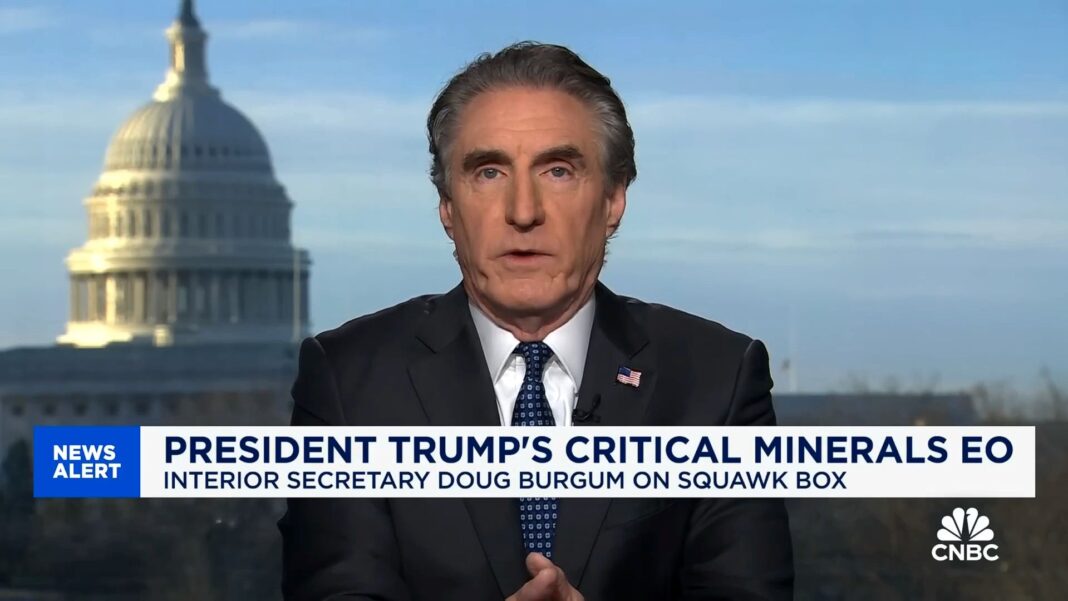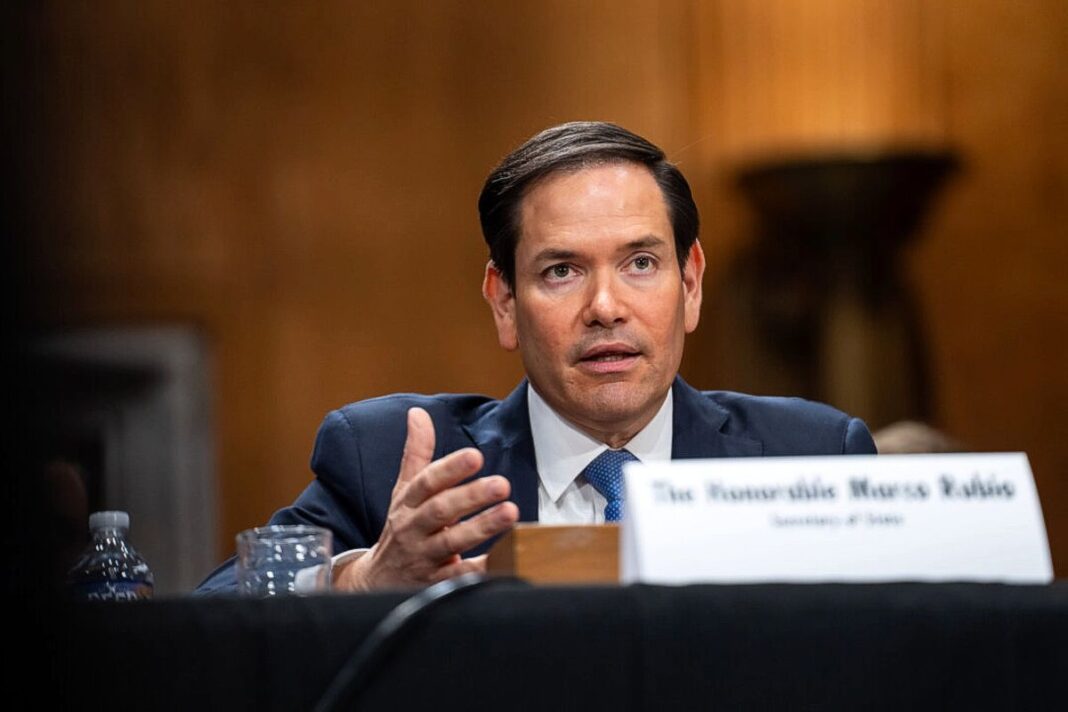The court rejects the administration’s request for a stay, finding that the U.S. Institute of Peace is not under executive control.
A federal judge has rejected the Trump administration’s bid to pause her earlier ruling that restored control of the U.S. Institute of Peace (USIP) to its acting president and board, blocking further attempts by the administration to dismantle the organization and install new leadership.
In a seven-page decision issued on May 23, U.S. District Judge Beryl Howell ruled that the government had failed to meet any of the four legal requirements for a stay, including showing a likelihood of success on appeal or proof of irreparable harm. She described the administration’s legal theory as fundamentally flawed and reaffirmed her earlier conclusion that USIP is not part of the executive branch—and thus beyond the president’s constitutional removal authority.
“While USIP may be considered part of the federal government,” Howell wrote, “USIP does not exercise executive power and thus is not part of the Executive branch, so the President does not have absolute constitutional removal authority over USIP Board members but must comply with the statute in exercising his removal power.”
The judge was responding to the Trump administration’s request for a stay of her May 19 ruling, which found that Trump’s effort to fire USIP’s board and acting president, former ambassador George Moose, was both unlawful and unconstitutional. The ruling also invalidated all subsequent actions taken by administration officials, including the shutdown of USIP programs, the firing of most staff, and the transfer of the agency’s headquarters to the General Services Administration.
In its May 21 request for a stay of the judge’s ruling, Trump administration attorneys claimed that the court was mistaken in finding that USIP is not part of the executive branch, arguing that, “the judiciary cannot invent a fourth branch” of government within which to place the institute for purposes of its legal reasoning, “otherwise, we risk the very tyranny the Founding Fathers sought so ingeniously to avoid.”
Government attorneys also argued that even if USIP occupies a unique status, its directors are still presidential appointees who can be removed at will under the president’s Article II powers.
By Tom Ozimek








